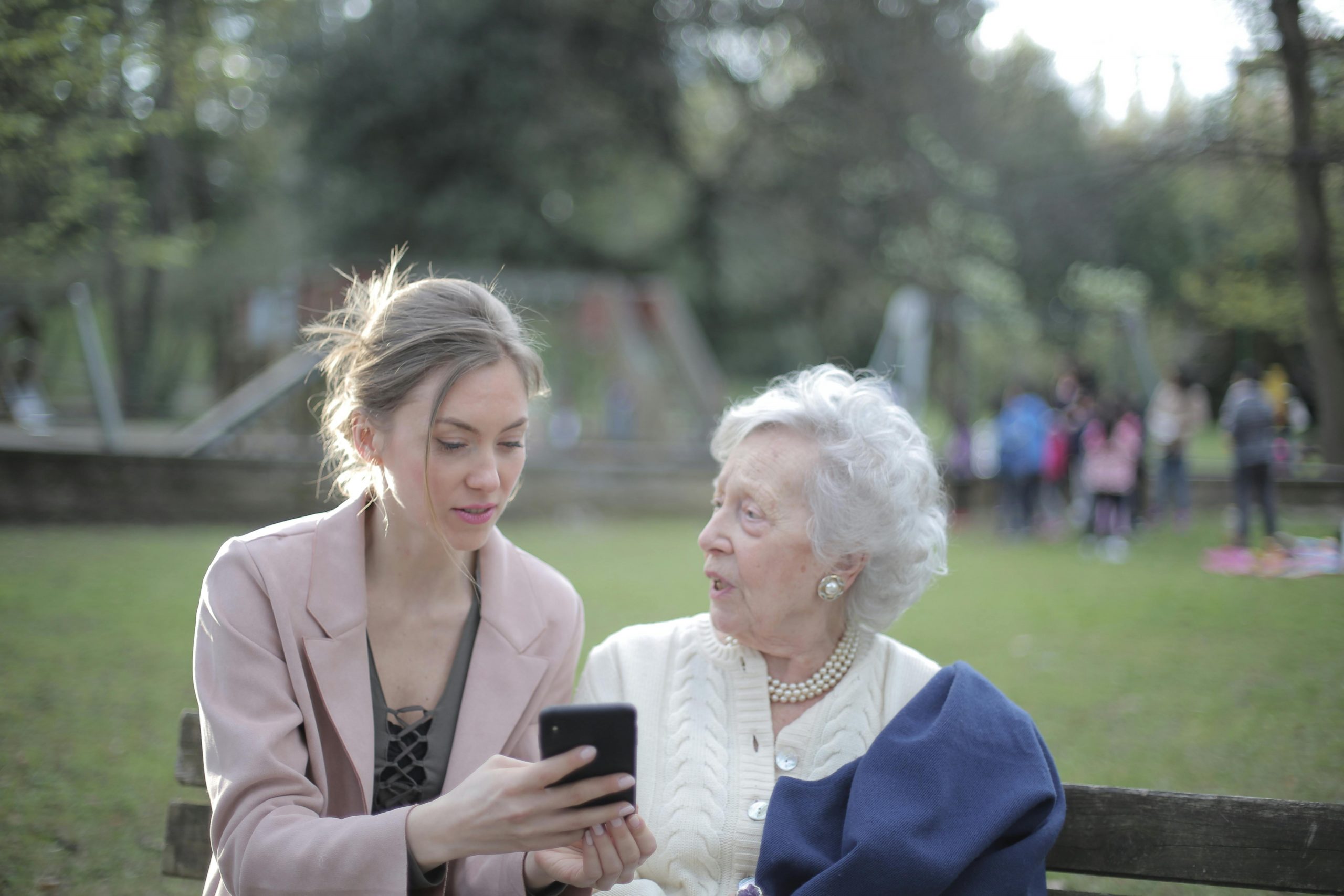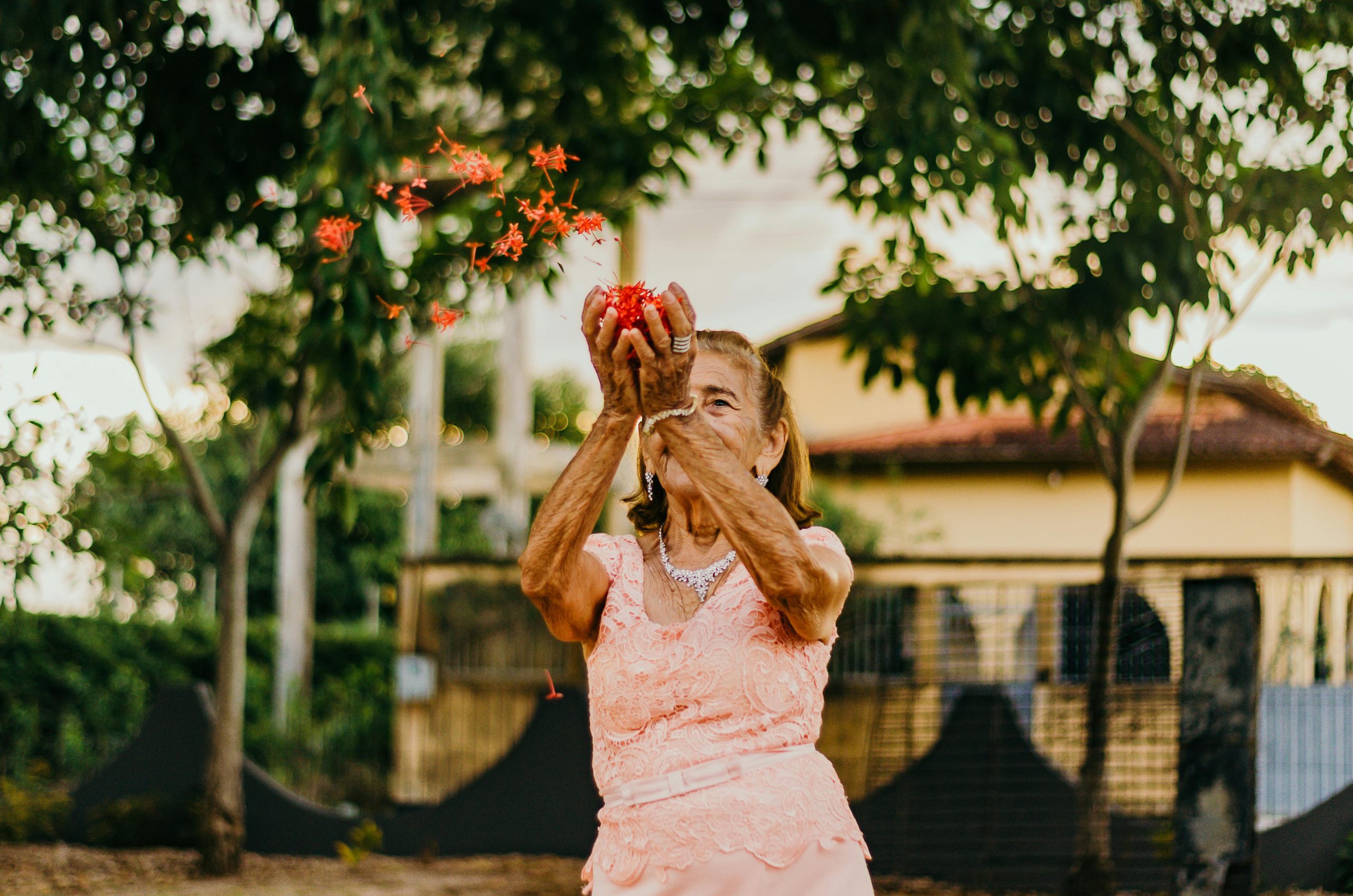- Caring for seniors with cognitive decline requires patience, understanding, and establishing comfortable routines.
- Self-care is essential for caregivers to maintain their emotional and physical well-being.
- Consider utilizing respite care services for temporary relief, ensuring the well-being of both caregiver and recipient.
- You should leverage community resources and professional advice to provide compassionate, dignity-respecting care.
As loved ones age, it’s not uncommon for them to face cognitive decline, such as Alzheimer’s disease or dementia. It can be a challenging and emotional time for both the seniors and their family members. However, with the right approach and support, you can help your senior loved one navigate this difficult journey with compassion and dignity. This blog will discuss essential tips for caring for senior loved ones facing cognitive decline.
Educate Yourself
The first step in caring for a senior loved one facing cognitive decline is to educate yourself about their condition. Learn about the symptoms, progression, and treatment options available. Understanding what your loved one is going through will help you provide better care and support.
Additionally, consider joining a support group or seeking guidance from healthcare professionals who specialize in cognitive decline. You can also consult with your loved one’s doctor to gain a better understanding of their specific needs and how you can help.
Create a Safe Environment
Safety is paramount when caring for a senior loved one with cognitive decline. Make sure their living space is safe by removing tripping hazards, installing grab bars in the bathroom, and ensuring that medications are stored securely. Consider using technology such as medical alert systems or GPS tracking devices to keep track of your loved one’s whereabouts.
Establish Routines
Seniors facing cognitive decline often find comfort in routines. Establishing a daily schedule can help reduce confusion and anxiety for your loved one. Here are the four things you need to include in your loved one’s routine:
Meals

Plan and serve meals at the same time each day to promote a regular eating schedule. You can also involve your loved one in meal preparation to give them a sense of purpose and accomplishment.
Medications
Set reminders for your senior loved one’s medications and make sure they are taking them as prescribed. Consider using pill organizers or hiring a caregiver to assist with medication management. You can also consult with your loved one’s doctor to see if any medication changes or adjustments are necessary.
Activities
Engage your loved one in activities that they enjoy, such as reading, listening to music, or doing puzzles. These activities can help stimulate their mind and improve their mood.
Bedtime
Establish a bedtime routine that includes winding down activities such as reading or listening to calming music. This will help your loved one sleep better and reduce nighttime agitation.
By establishing routines, you can help your senior loved one feel more secure and in control, even as their cognitive abilities decline. Make sure to keep the routines flexible and adaptable as their needs change.
Practice Patience and Empathy

Caring for a senior loved one with cognitive decline can be frustrating at times, but it’s important to practice patience and empathy. Remember that your loved one may not always remember things or behave in ways that are typical. Instead of getting frustrated, try to put yourself in their shoes and respond with kindness and understanding.
Take Care of Yourself
Caring for a senior loved one facing cognitive decline can be emotionally draining, so it’s crucial to take care of yourself as well. Make time for self-care activities such as exercise, hobbies, or spending time with friends and family members who offer support. You should consider seeking respite care to give yourself a break when needed.
Just make sure you choose a reputable home health care service provider. They can provide temporary care for your loved one while you take some time to recharge. They can also offer advice and resources to help you better care for your loved one. They can also help with tasks such as medication management, meal preparation, and personal care.
Caring for a loved one with cognitive decline is a profound expression of love and commitment, but it also presents unique challenges. Remember, your efforts to establish routines, practice patience, and ensure self-care are not just beneficial but necessary for the well-being of both you and your loved one.
Embrace the support available from healthcare professionals and lean on your community for assistance. By taking these steps, you can provide compassionate care that honors the dignity and life of your senior loved one, creating moments of joy and comfort in their later years. Remember, you’re not alone in this journey; resources and support are available to help guide you through.




